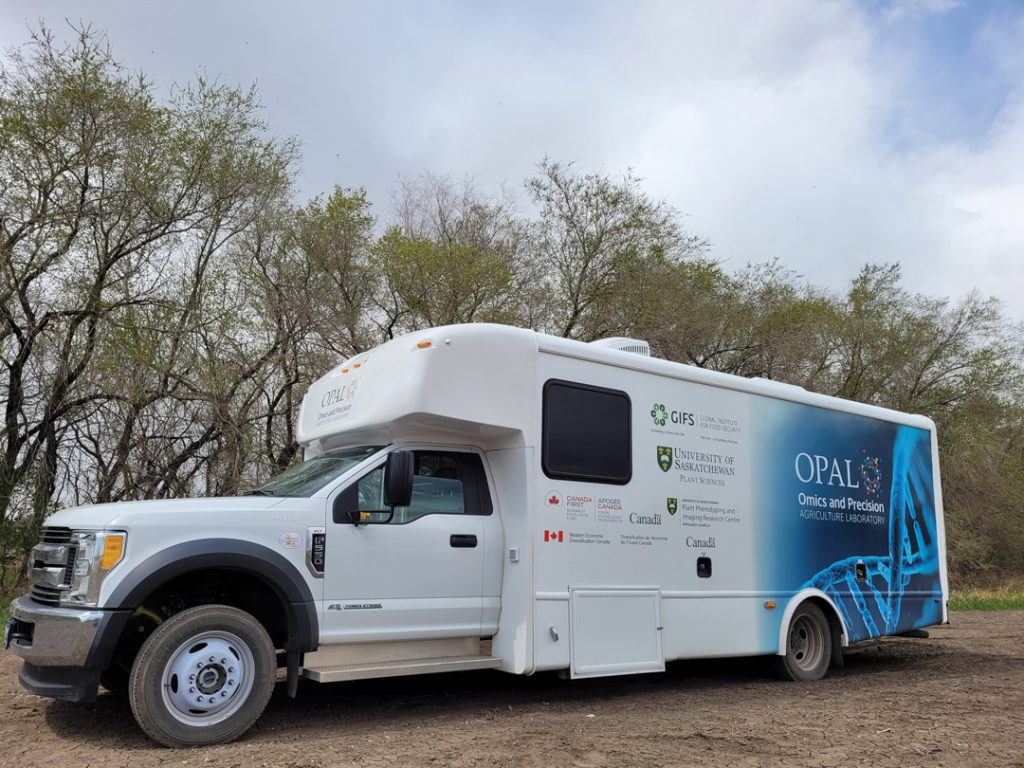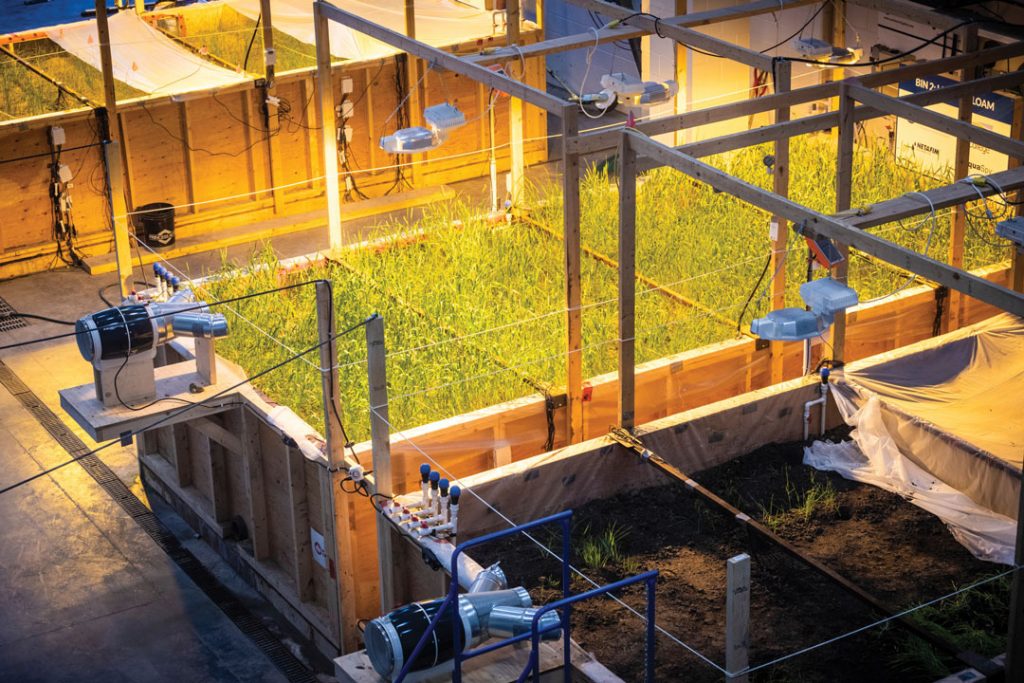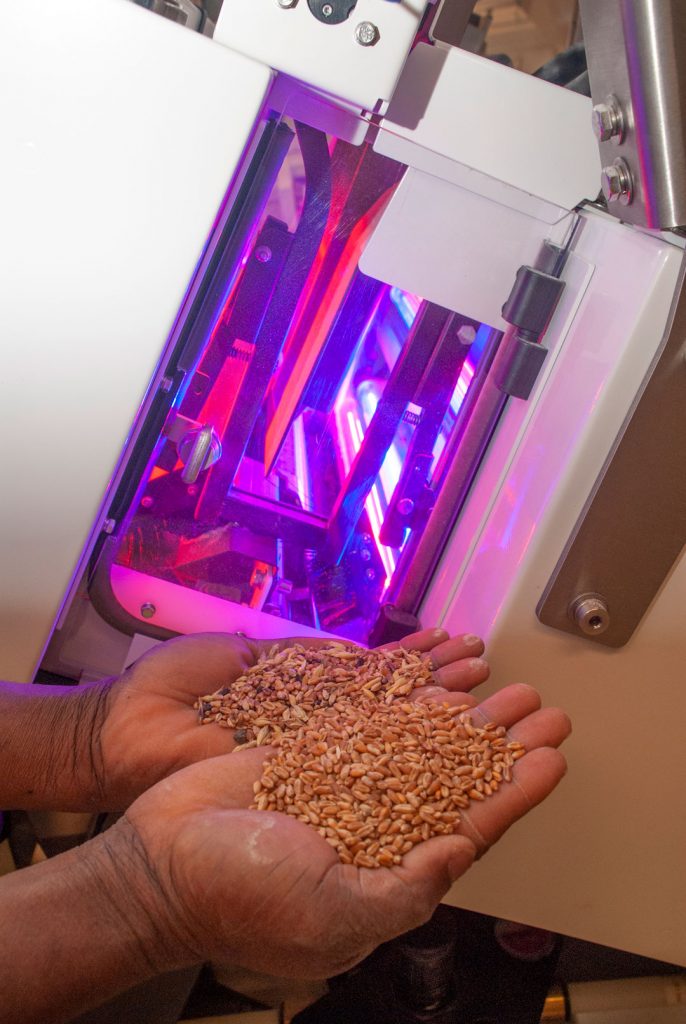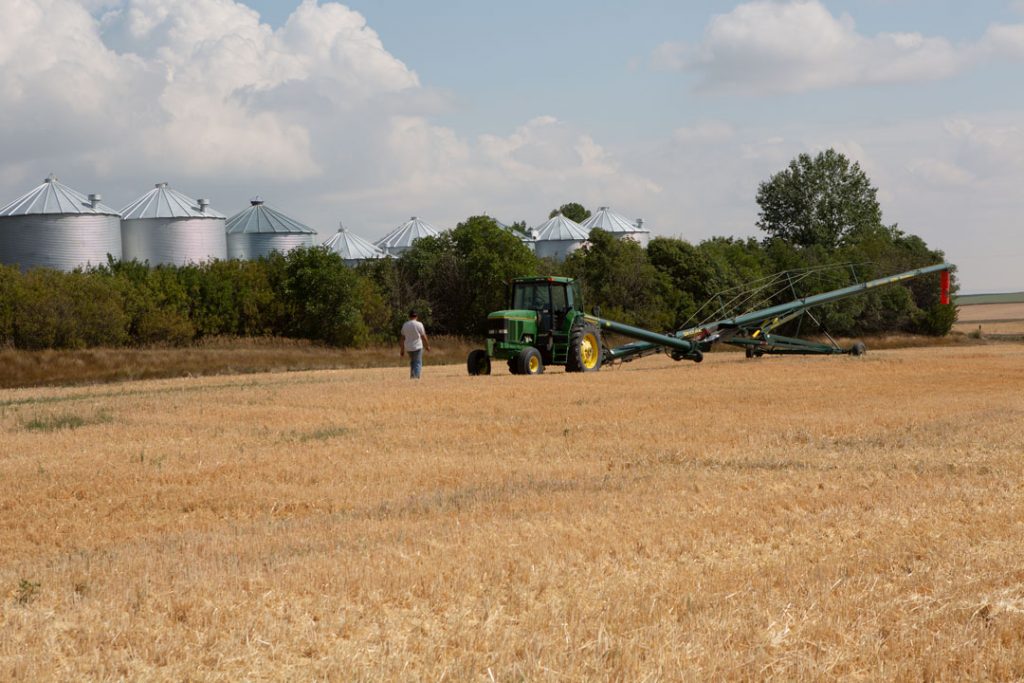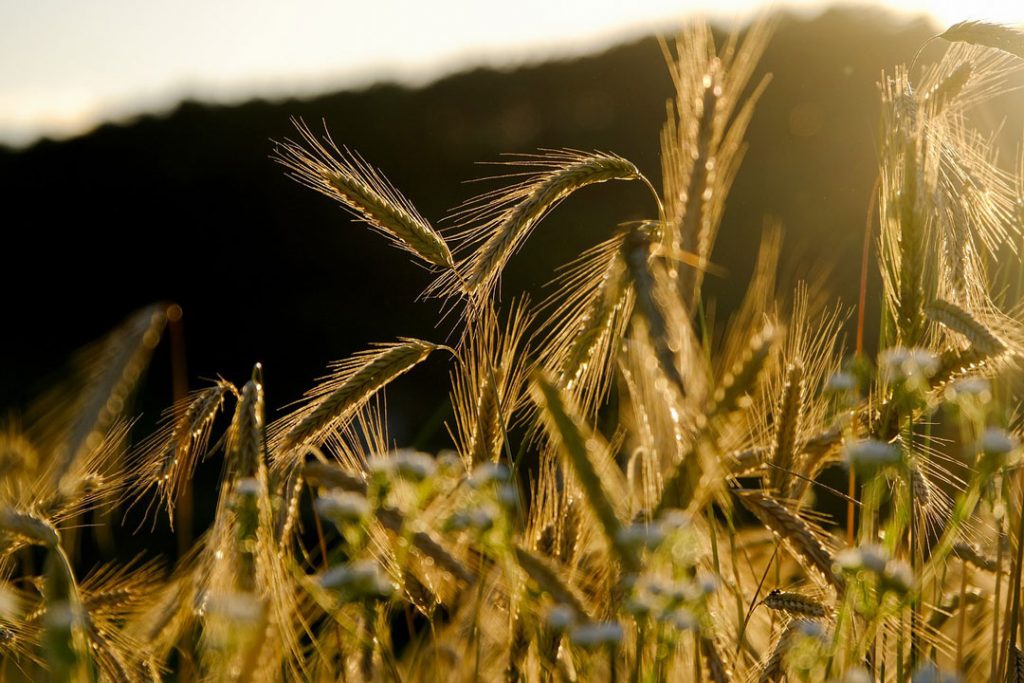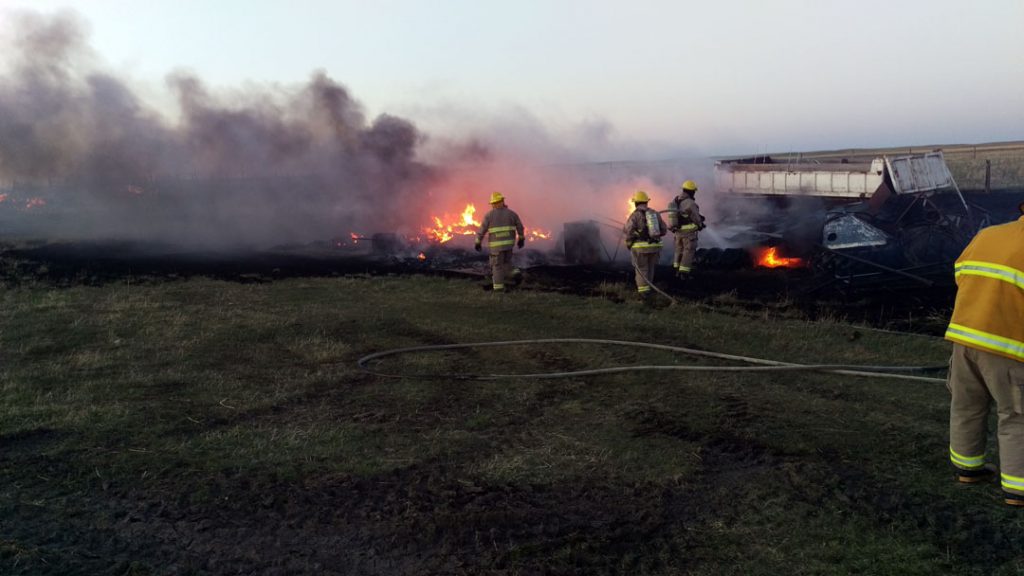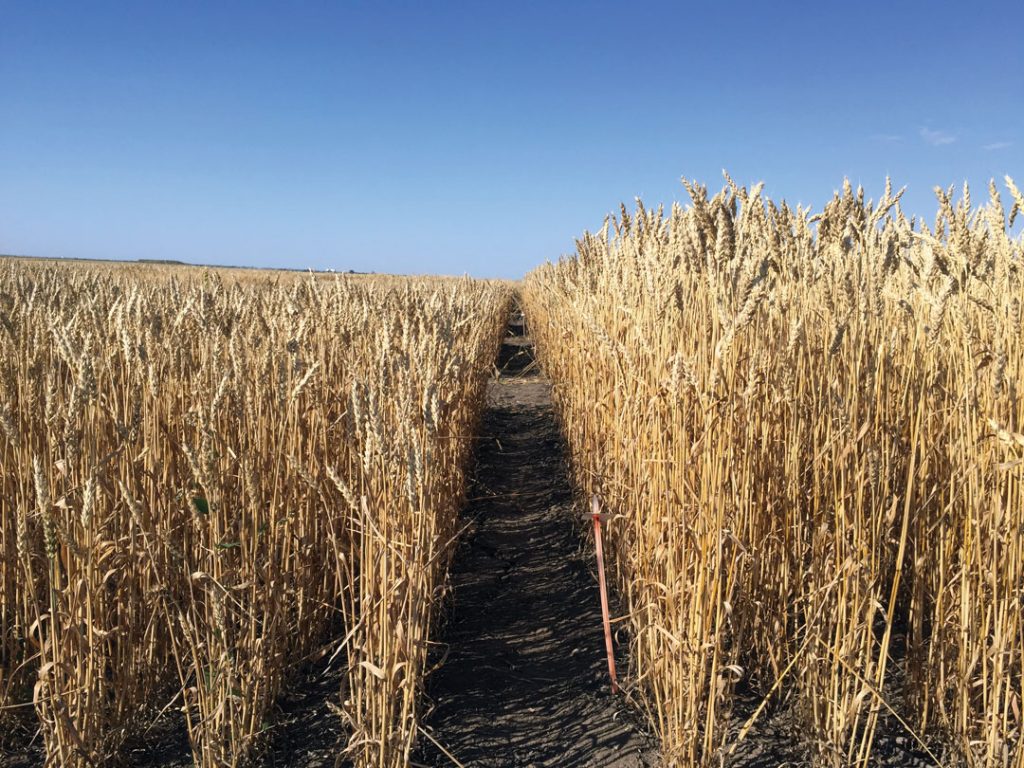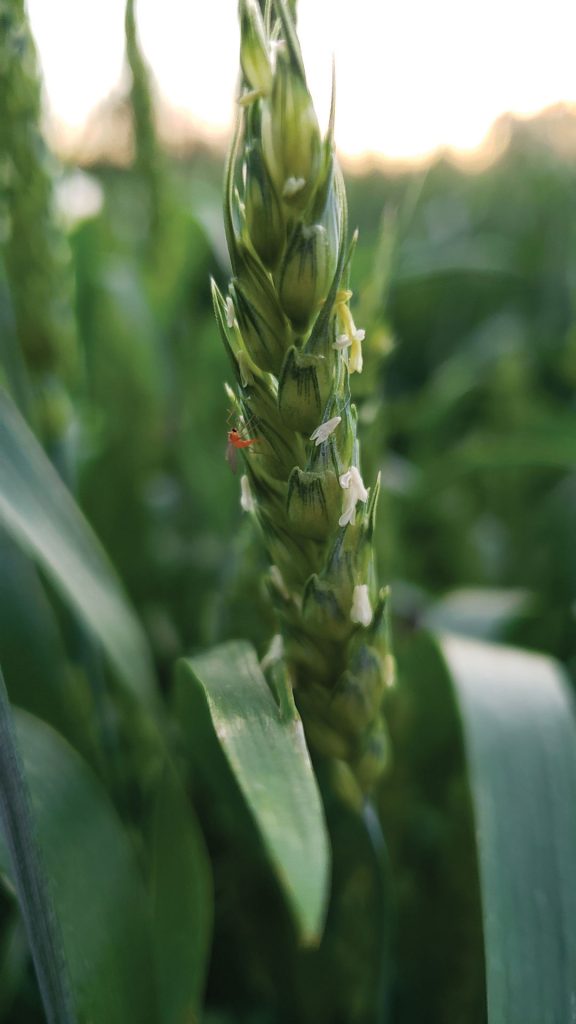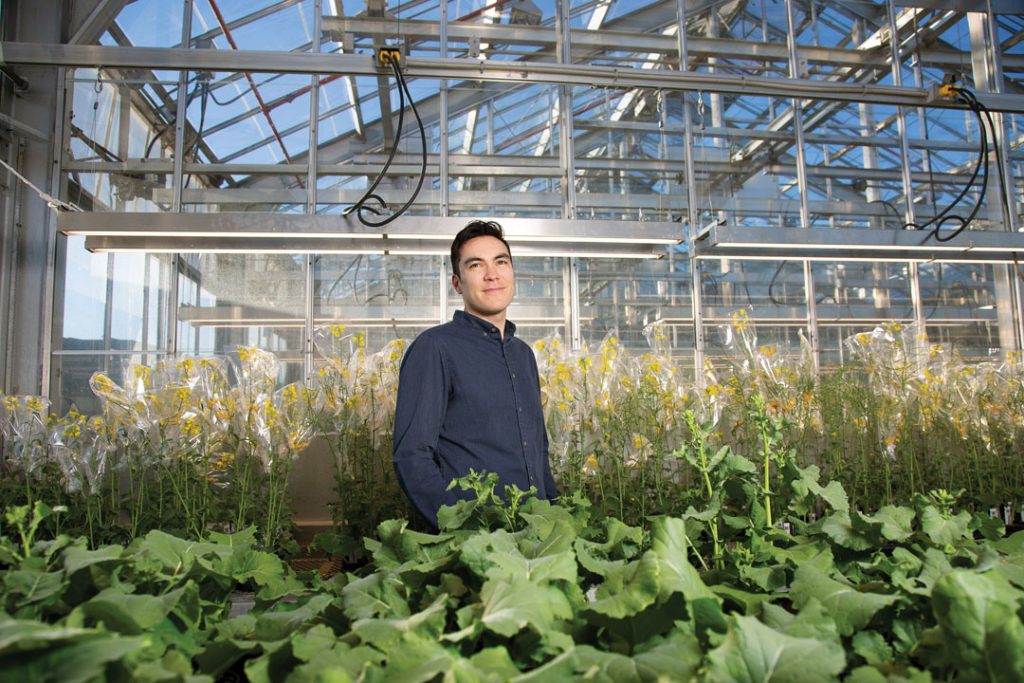OPAL A HIGH-TECH GEM
Launched in January, 2021, the Omics and Precision Agriculture Laboratory (OPAL) is the only biotechnology facility of its kind in the country. Created with funding provided by Western Economic Diversification Canada, it is led by the Global Institute for Food Security (GIFS) at the University of Saskatchewan (USask). The facility was founded in 2019 as a partnership between the National Research Council of Canada (NRC), Agriculture and Agri-Food Canada (AAFC) and USask.





